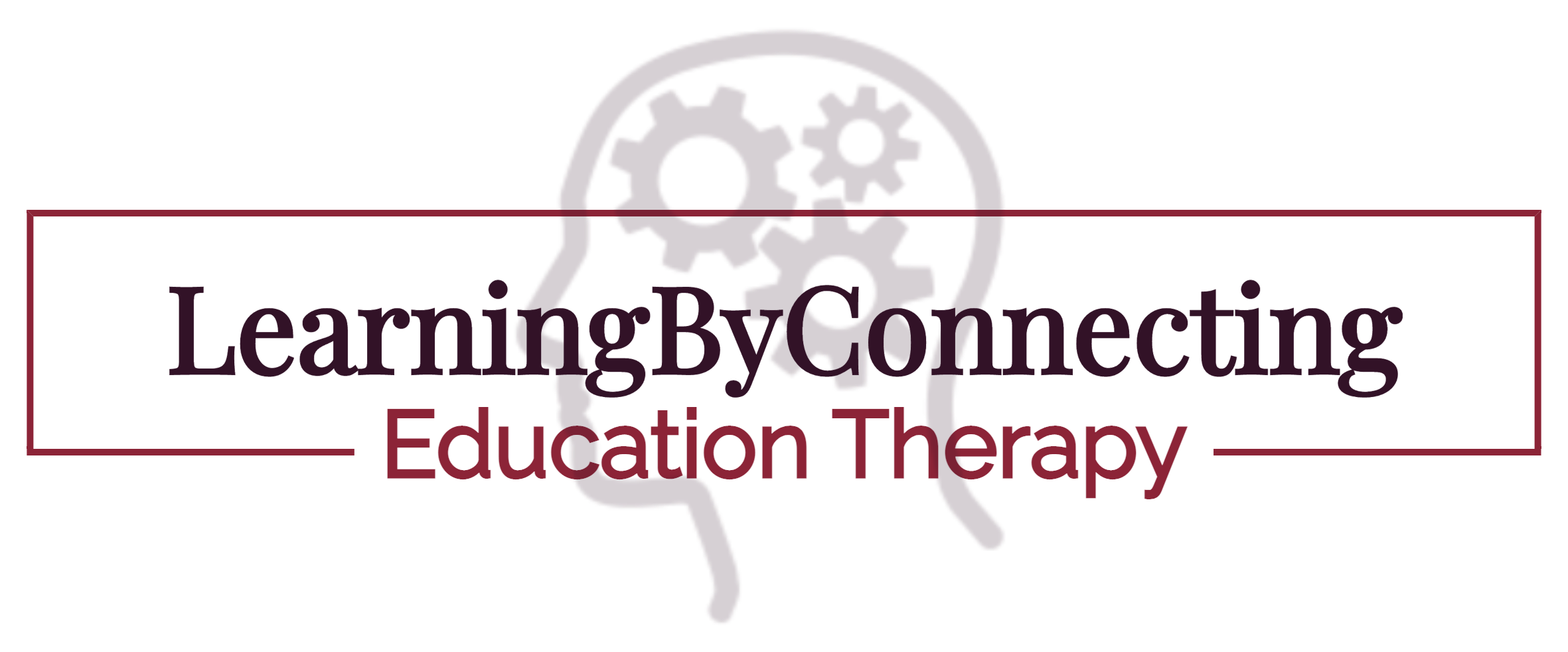 Dr. Christine Powell, Education Therapist & ADHD Coach
Dr. Christine Powell, Education Therapist & ADHD Coach
🧩What is Executive Function If you’re navigating the world of ADHD, you’ve probably encountered the term “executive functioning” more than once. It’s at the heart of many of the challenges individuals with ADHD face – things like keeping track of time, managing tasks, and regulating emotions. While medication is often the first option presented, it may not always be the only path. Let’s dive into what executive functioning really means, why it matters, and how educational therapy can provide another avenue for managing ADHD.
Executive functioning is a group of cognitive skills that help us manage tasks, set goals, and control our behavior. Think of it as the brain’s CEO, coordinating everything from working memory to impulse control. For someone with ADHD, this “CEO” can struggle to get things done on time, switch focus between tasks, or resist distractions. It’s not laziness – it’s a genuine neurological challenge.
These are the three main pillars of executive functioning:
✅Working Memory: This lets you hold and juggle information, like remembering a phone number or multi-step instructions.
✅Cognitive Flexibility: This helps you adapt when plans change or when you need to switch between tasks.
✅Inhibitory Control: This skill is all about impulse control – resisting distractions or stopping yourself from acting impulsively.
For someone with ADHD, difficulties in these areas can lead to major hurdles in everyday life. But it’s not just about struggles at school or work. It also affects personal relationships, emotional well-being, and the ability to manage stress.
Why Medication Alone Isn’t Enough
Medication can help reduce some core symptoms of ADHD, like hyperactivity and inattention. However, what medication often doesn’t do is teach you how to develop the executive functioning skills necessary to get organized, plan ahead, or manage emotions long-term.
This is where Dr. Christine Powell, an Education Therapist and the founder of LearningByConnecting Education Therapy, steps in. Based on her years of research and practical experience, Powell argues that ADHD requires a more holistic approach – one that includes building executive functioning skills through educational therapy.
The Role of Educational Therapy
Educational Therapy goes beyond traditional tutoring. It doesn’t just focus on academic content; it’s designed to strengthen cognitive processes like time management, task initiation, and emotional regulation. Educational therapy, as Dr. Powell’s research shows, can help fill the gap where medication leaves off.
What does an Educational Therapist do?
Works one-on-one to target specific executive functioning deficits.
Helps students develop strategies for organizing tasks, staying on schedule, and managing emotions.
Provides a tailored approach to learning, which is crucial since ADHD affects everyone differently.
Imagine trying to help a child organize their schoolwork, but they don’t have the basic tools to even manage their time. Educational therapy teaches those underlying skills. It’s like giving someone the map and the compass, not just the directions.
Educational Therapy vs. Medication
One of the most common questions parents ask is: Should my child be on medication, or is there another way?
Here’s the truth: there’s no one-size-fits-all answer, and often, it’s not an either/or situation. Dr. Powell advocates for a hybrid approach when it’s appropriate. For some individuals, the combination of medication and educational therapy offers the best of both worlds. Medication provides immediate symptom relief, allowing the individual to focus, while educational therapy builds the long-term skills needed to manage ADHD effectively.
Let’s break it down:
Medication: Helps with attention and impulsivity in the short term, but doesn’t address long-term skills like organizing, planning, or emotional control.
Educational Therapy: Focuses on building those long-term skills through personalized interventions that can last a lifetime.
Real-Life Applications: Case Studies
Through Dr. Powell’s research and practice, she’s found that educational therapy, whether or not it’s combined with medication, has real, measurable benefits for individuals with ADHD. She emphasizes that every child or adult with ADHD is different, and personalized strategies are crucial. Her case studies demonstrate how targeted executive functioning interventions improve academic performance, time management, and emotional resilience.
For example, one of Dr. Powell’s students, Zackary, had trouble getting started with school assignments and would often leave things to the last minute. Through educational therapy, Zackary learned how to break down tasks into manageable steps, and he started using time management tools to keep track of his work. While medication helped Zackary stay focused, the skills he learned through therapy gave him the ability to take control of his tasks independently.
So, What’s the Takeaway?
If you or someone you love is struggling with ADHD, medication isn’t the only option. Executive functioning is a critical piece of the ADHD puzzle, and addressing it through educational therapy can make a world of difference.
Educational therapy helps individuals build the skills needed to manage life with ADHD, not just cope with the symptoms. It’s about long-term growth, learning how to manage tasks, organize life, and control emotions.

Interested in Learning More?
Dr. Christine Powell is at the forefront of research on how educational therapy can enhance executive functioning and support individuals with ADHD. To learn more about her work or to explore educational therapy as an option, visit LearningByConnecting.com.


